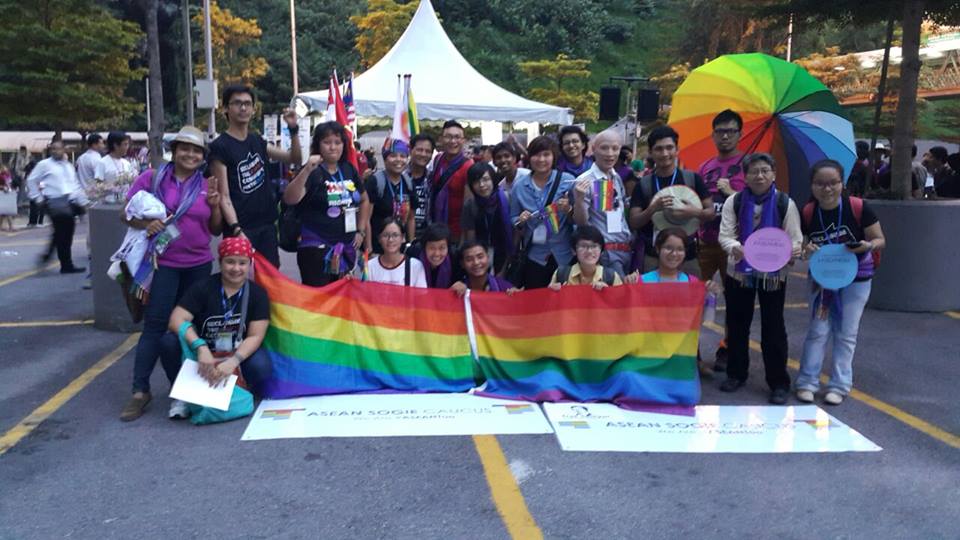News
Social welfare chief expresses support for LGBTIQ rights in ASEAN caucus

Taguiwalo emphasized that educating the Filipino society on LGBTIQ rights should start at home. (Photo: ASEAN SOGIE Caucus/ Facebook)
MANILA –Social Welfare Secretary Judy Taguiwalo has reiterated the need to end discrimination against Lesbian, Gay, Bisexual, Transgender, Intersex and Queer (LGBTIQ) persons and to understand them better so they would be accepted by society.
“At face value, the Philippines looks to be one of the more ‘liberal’ ASEAN countries when it comes to LGBT rights and advocacies,” Taguiwalo said Wednesday in her keynote speech at the Regional Workshop to Promote Family Acceptance of LGBTIQ Persons, an ASEAN activity led by the ASEAN SOGIE Caucus (ASC).
Homosexuality, she said, is not criminalized in the country and anti-discrimination ordinances have been passed in major cities, such as Quezon City, Cebu City and Davao City, in recent years.
Citing international research findings, she said some 70 percent of Filipinos think homosexuality should be accepted by society, and that the Philippines is the most tolerant nation surveyed in the Asia-Pacific region after Australia.
However, despite these positive developments, “it still cannot be ignored that efforts to push forward a national law on the same continue to be blocked, mainly by religious groups and formations that oppose civil rights legislation for the LGBT community”, she told workshop participants.
Taguiwalo emphasized that educating the Filipino society on LGBTIQ rights should start at home.
“When people we love and care about tell us that they are lesbian, gay, bisexual, how we react to their declaration and admission has a significant impact on how they will accept themselves and share themselves with others,” she said.
Different people react differently, the social welfare chief said, noting that some are rendered speechless and become upset, while others become angry enough to disown their own flesh and blood.
How people accept that admission matters, she said, pointing out that LGBTIQ youths whose families support them are healthier and happier compared to those whose families reject them.
Taguiwalo winded up her speech with an appeal for society to persevere in its efforts to promote issues of LGBTIQ rights as a matter of human rights.
”As we also campaign for issues of social justice in our respective countries and societies, let us remember that we cannot separate our views about LGBTIQs from our advocacies for human rights,” she said, acknowledging that many LGBTIQ advocacy groups and activists actively defend the rights of marginalized sectors, such as workers, farmers, urban and rural poor.
”This is because we know that there are a significant (number of) LGBTIQ individuals in these sectors, and because to unite with these sectors in their respective struggles for economic, political, civil, and human rights is what fighting for social justice is all about.”
The ASC is a regional coalition working to protect and promote the rights of LGBTIQ persons in Southeast Asia, ensuring that concerns related to SOGIE (sexual orientation, gender identity and expression) are reflected in domestic and regional level policies. It also works with various groups to build and strengthen the LGBTIQ movement in the ASEAN region.





















